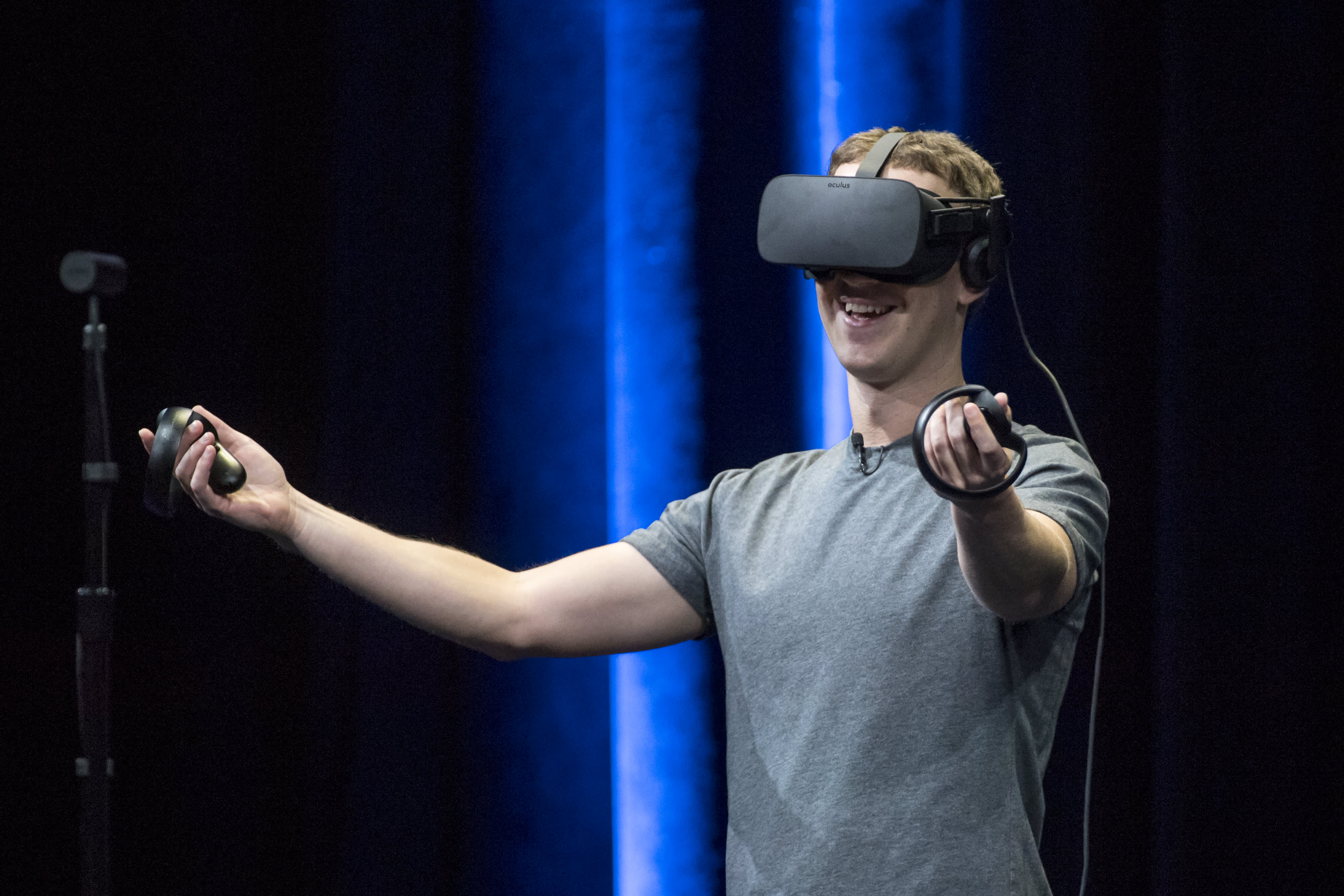Mark Zuckerberg’s ‘metaverse’ business lost more than $10 billion last year, and the losses keep growing

Building the metaverse isn’t cheap.
Meta, Facebook’s parent company, revealed the financials of its Reality Labs division for the first time in its Q4 2021 earnings report on Wednesday.
That’s the segment of the company tasked with building CEO Mark Zuckerberg’s vision for the metaverse. It also includes revenue from hardware, like the company’s Meta Quest virtual reality headset.
So, how’s Zuckerberg’s big pivot to the metaverse performing so far?
As expected, Reality Labs reported massive, growing losses — more than $10 billion alone in 2021.
Take a look at the net losses for Meta’s Reality Labs for the full years 2019 through 2021:
- 2019: Net loss of $4.5 billion on $501 million in revenue.
- 2020: Net loss of $6.62 billion on $1.14 billion in revenue.
- 2021: Net loss of $10.19 billion on $2.27 billion in revenue.
The losses for 2021 are in line with what Zuckerberg said last year he expected to invest in Reality Labs. And the spending will likely only get bigger this year if current trends continue.
The losses also put a drag on Meta’s overall profitability for the year. The company would’ve had more than $56 billion in profit for all of last year had it not been for Reality Labs.
Let’s really put that in context: Reality Labs lost $3.3 billion in the fourth quarter of last year. Alphabet’s Other Bets segment, which includes all those wild projects like self-driving cars and health care technology lost about half that, $1.45 billion, during the same period.
The questions now becomes: What is Meta spending all that money on? And when does the spending spree stop? The company’s CFO attributed $4.2 billion of the losses to employee costs, research and development and costs of items sold.
Reality Labs’ financials also show Meta’s advantage in building the metaverse. It has effectively unlimited amounts of money to spend on these projects, unlike smaller metaverse rivals such as Roblox or Epic Games.
Plus, Meta could have a decade or more to pull it off before investors get impatient. Executives have already said it could take up to 15 years to fully really realize their vision. That’s more than enough time for Meta to pivot to a new strategy as it looks for new sources of growth.
But even Meta’s core business disappointed on Wednesday. Shares plummeted more than 20% after hours Wednesday after missing profit estimates, thanks in part to those Reality Labs losses.